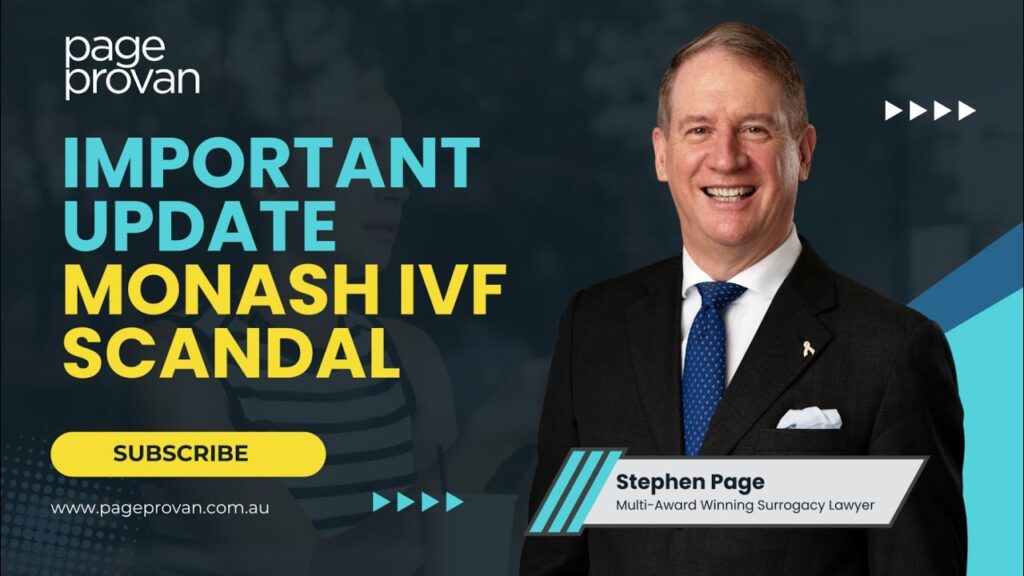In a recent Federal Court case, Mr Yacoub sought to rely on the existence of an apprehended violence order in favour of his wife (against her former husband) as “compelling reasons” so that he could be granted a visa to stay in Australia.The Federal Court rejected his application
In a recent Federal Court case, Mr Yacoub sought to rely on the existence of an apprehended violence order in favour of his wife (against her former husband) as “compelling reasons” so that he could be granted a visa to stay in Australia.
The Federal Court rejected his application:
At its highest, the AVO represented a conclusion by the Fairfield Local Court that, on the balance of probabilities, the Sponsor [wife] had reasonable grounds to fear, and in fact feared, commission by her former husband of a personal violence offence against her. It also signified that the Local Court concluded that an AVO should remain in force for two years to ensure the protection of the Sponsor from that threat of violence. The Visa Applicant’s contention is that there is inconsistency between those conclusions by the Local Court and the Tribunal’s conclusion that, as at the date of the Visa Applicant’s application, the Sponsor was no longer experiencing the problems associated with her former husband.
However, there is no inconsistency between those conclusions. The Sponsor has experienced no violence from her former husband since the making of the AVO. Thus, it was open to the Tribunal to proceed on the basis that the AVO appeared to have been effective, at least up to the time of the hearing before the Tribunal, in achieving the object of the Crimes Act in reducing or preventing violence between the Sponsor and her former husband. The Tribunal’s conclusion that the Sponsor was no longer experiencing problems associated with her former husband is an acceptance, in effect, that the AVO was effective to achieve its object. Having concluded that there was no longer a problem associated with the former husband, the Tribunal concluded that the prospect of violence was not a compelling reason for waiving the Schedule 3 criteria in relation to the Visa Applicant.
The suggestion that the conclusion reached by the Tribunal was in some way inconsistent with the making of the AVO by the Local Court appears to involve some misapprehension. The object of the AVO was to prevent violence. The Tribunal appears to have accepted that it had that effect. The Tribunal recognised that it had that effect by concluding that violence from the Sponsor’s former husband was no longer a problem for the Sponsor.
Clearly, the Tribunal had regard to the fact that the AVO had been made and that the two year period of its currency had not expired at the time when the Visa Applicant lodged his application for a Class UK Visa. Whether or not the existence of the AVO was a consideration that it was necessary for the Tribunal to take into account, it did in fact take into account the existence of the AVO and the fact that it was still current.
For the judgment click here.












